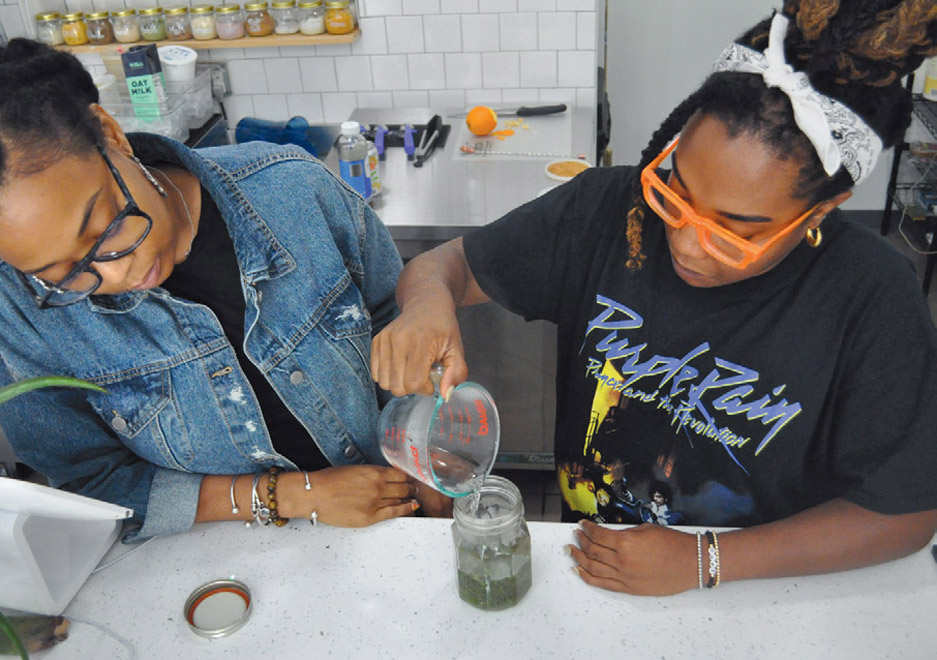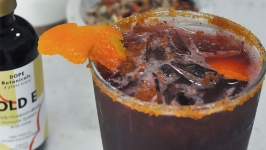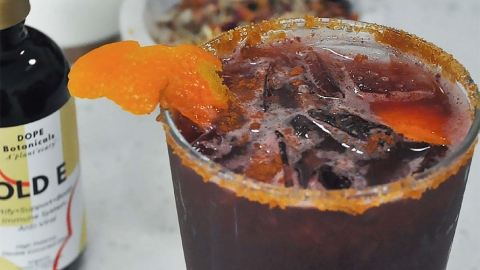Taahirah and Nakia Stith, Founders, Dope Botanicals
HOW WOULD YOU LIKE to feel today?
It’s a question that catches nearly everyone off guard.
And it’s one of the first things you’ll hear from Taahirah and Nakia Stith when you are deciding what to order at Dope Botanicals, the herbal wellness shop and bar—or “a’plant’ecary,” as they call it—they opened in Rittenhouse last winter.
Maybe you want to clear away sluggishness or achiness and be better able to focus. Taahirah would recommend the “Sunny,” a matcha latte with fresh pressed turmeric and ginger. “You get all the anti-inflammatory properties, super antioxidants—you even get a boost of caffeine,” says Taahirah. “But unlike coffee, it’s more sustaining and helps with focus.”
The tonics, smoothies, fresh juices, teas, tinctures, elixirs, and more offered by Dope Botanicals, all organic and intentionally sourced, are the result of decades of plant medicine study. The sisters grew up in Southwest Philly and learned from their parents, especially their father, and the wider community their family became a part of, how to use plants and herbs as both medicine and nutrition.
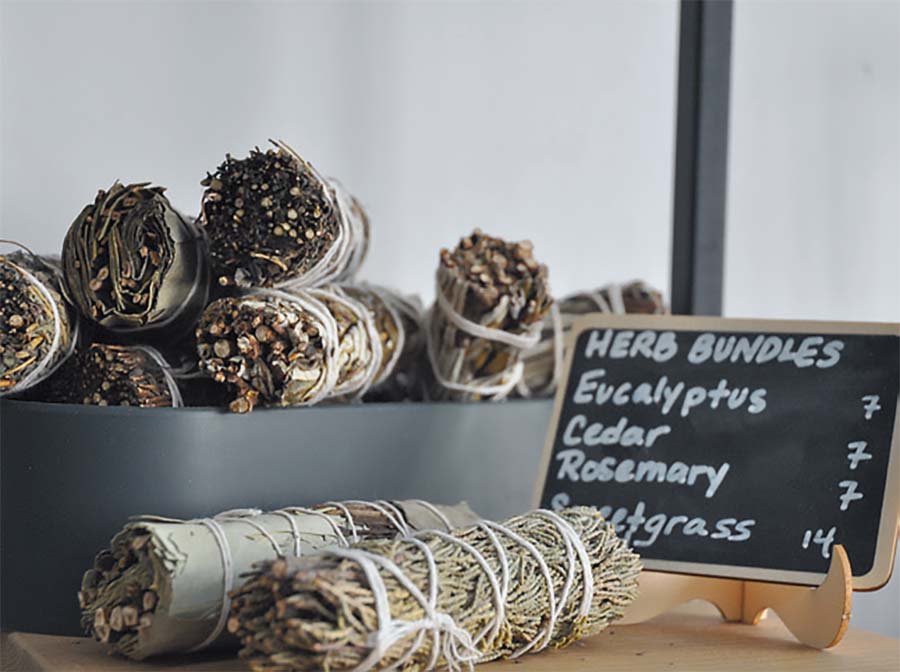
Their High-C (rose hips, hibiscus, lemongrass, cinnamon, galangal, ginger orange juice and peel, and fermented agave nectar), for example, is a remix of the Sorrel (a spice-infused hibiscus drink popular in parts of the Caribbean) they used to make with their dad.
And their roots in the field go even further back: Their paternal great-grandmother was the medicine woman in her community in South Carolina. “She was the lady that would heal people,” says Taahirah.
“There’s a lot of belief around, ‘We’re gonna teach Black people about [plant medicine],’” says Nakia. “No, you’re not…. That’s all we knew.”
Along with ancestral knowledge passed down through generations, the sisters learned through formal training; they’re both certified integrated health practitioners and herbalists. Nakia is also a reiki practitioner and doula. Taahirah formerly worked as a Montessori teacher who taught plant-based cooking.
“In this world of commodified, commercialized wellness, we are here to serve as the real thing,” says Nakia.
DOPE BOTANICALS
257 S. 20th St., Philadelphia
mydopebotanicals.com
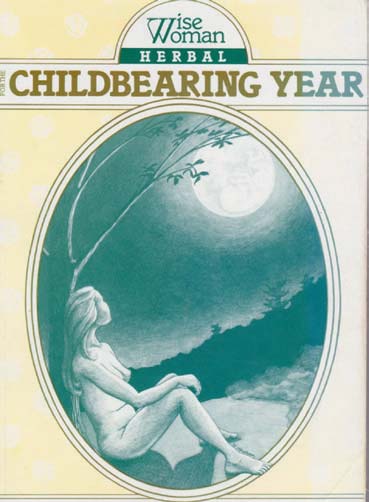
The book that got Nakia started on her path to herbal wellness is Wise Woman Herbal for the Childbearing Year, by Susan S. Weed (Ash Tree Publishing, 1985). The respected resource is a guide for using herbs to keep the body in balance throughout the course of pregnancy—from birth control and fertility to labor and postpartum care. “When my mom was pregnant with my sister, my dad bought this book from an herb store and I remember reading it and being amazed,” says Nakia, who is 13 years older than her sister Taahirah. “I attended my sister’s birth and the rest is history.”


